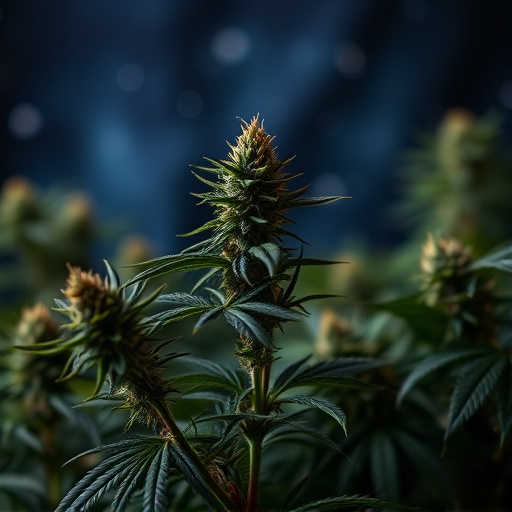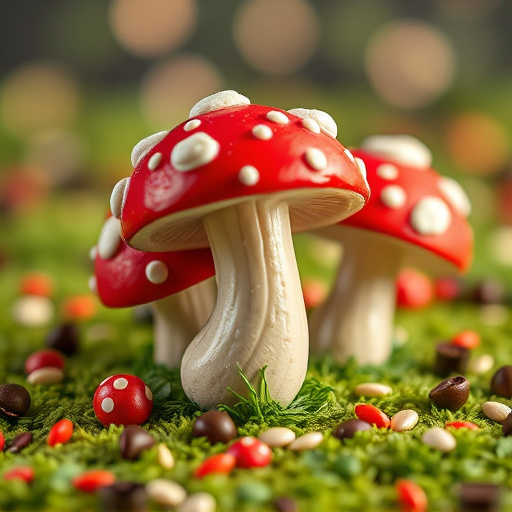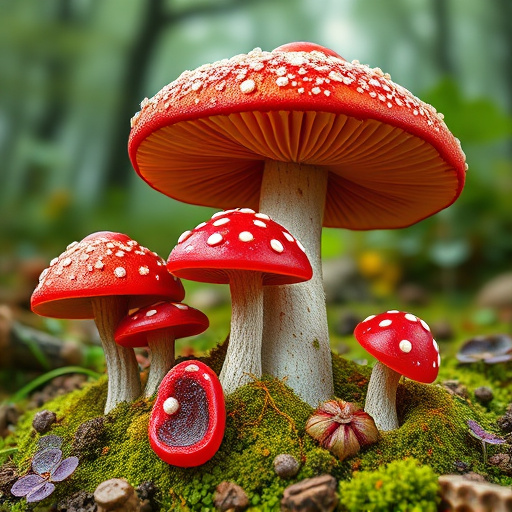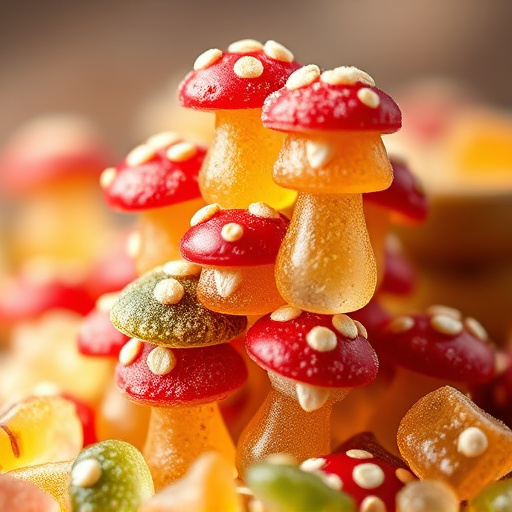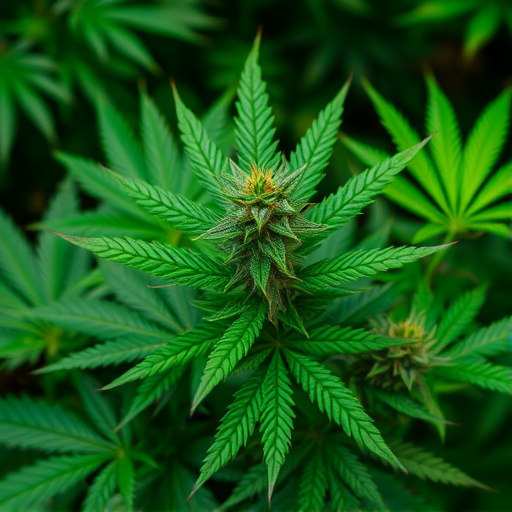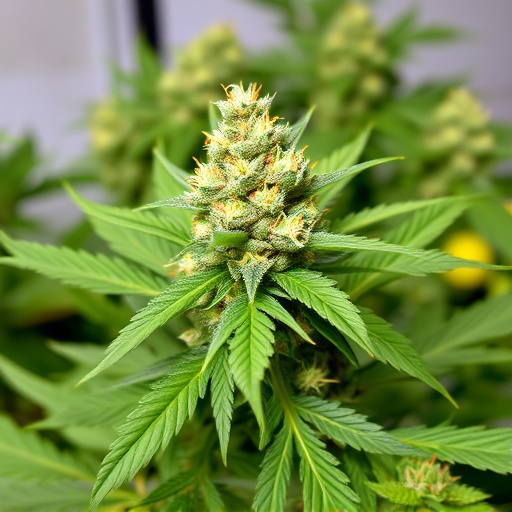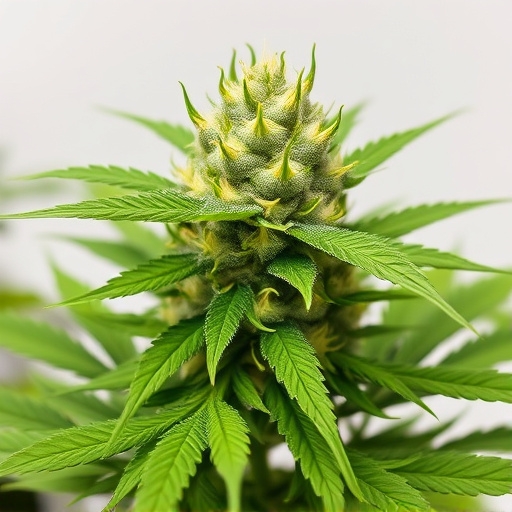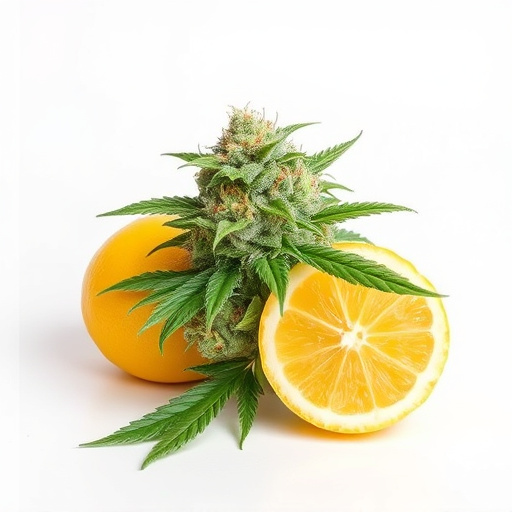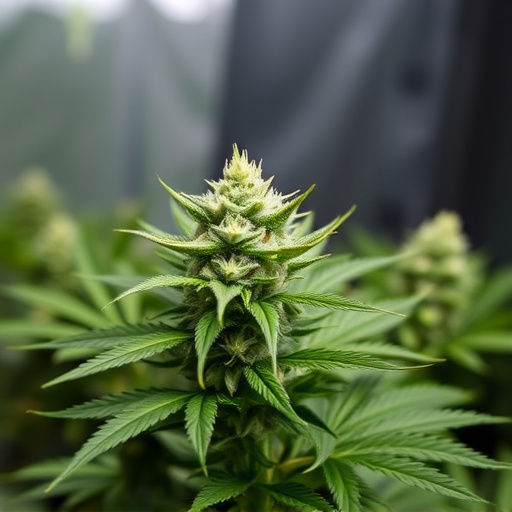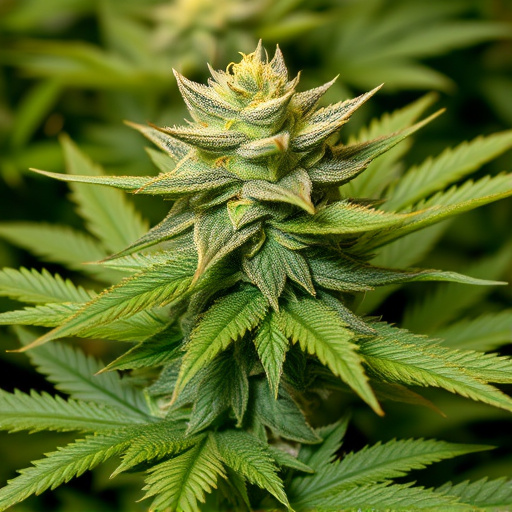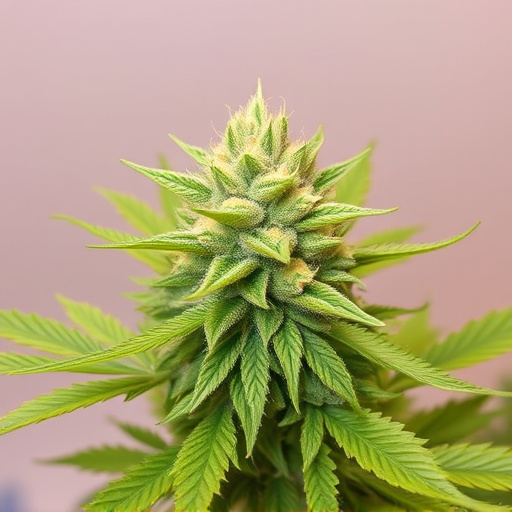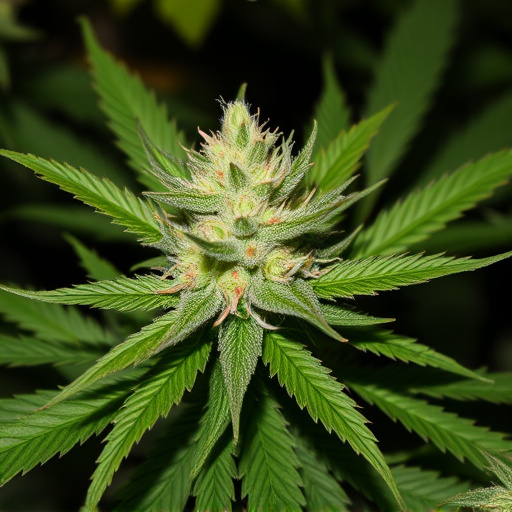Cultivating optimal conditions is crucial for unlocking the unique attributes of lemon cannabis strains. By controlling light, temperature, humidity (40-60%), and CO2 levels, cultivators can significantly impact terpene profiles, particularly limonene, responsible for their citrusy aroma. Indoor settings allow precise manipulation of these factors, enhancing flavor development and creating a more potent product. Soil composition, lighting, and temperature are key elements affecting plant growth, cannabinoid production, and the distinct characteristics of lemon cannabis strains.
The growing environment plays a pivotal role in shaping the quality of cannabis, particularly in cultivating desirable terpenes and flavors. This article explores how various environmental factors impact the production of premium lemon cannabis strains. From soil composition to lighting and temperature control, each element contributes to the unique profile of these sought-after varieties. Additionally, we delve into advanced techniques like humidity management and CO2 levels to enhance the overall quality and yield of lemon cannabis, ensuring optimal experiences for consumers.
- The Impact of Growing Environment on Cannabis Terpenes and Flavors: A Focus on Lemon Cannabis Strains
- Soil, Lighting, and Temperature: Essential Factors in Cannabis Quality Production
- Beyond the Basics: Humidity, CO2 Levels, and Other Environmental Considerations for Premium Lemon Cannabis
The Impact of Growing Environment on Cannabis Terpenes and Flavors: A Focus on Lemon Cannabis Strains
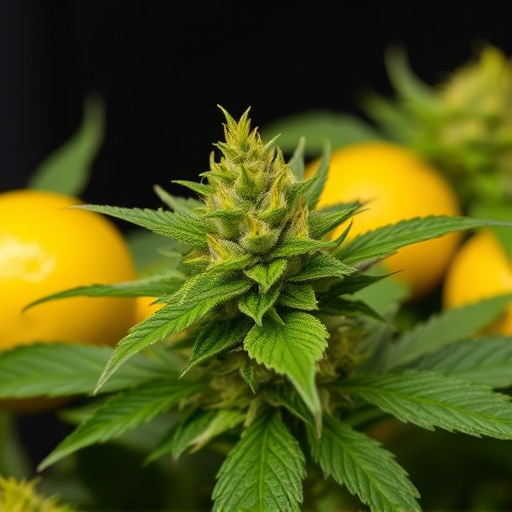
The growing environment plays a pivotal role in shaping the unique characteristics of cannabis, particularly when it comes to terpene profiles and flavors. Lemon cannabis strains are a perfect example of how specific conditions can yield remarkable aromatic and taste variations. These strains, known for their bright and zesty citron notes, owe their distinct profile to the careful control of light exposure, temperature, and humidity levels during cultivation.
In controlled indoor environments, cultivators can manipulate these factors to enhance or even alter the terpene expression in lemon cannabis strains. For instance, increasing the intensity of LED lighting can stimulate higher levels of limonene production, the primary terpene responsible for the signature citrusy aroma. Additionally, maintaining optimal temperature and humidity ranges ensures that the delicate flavors develop fully, resulting in a more potent and flavorful end product.
Soil, Lighting, and Temperature: Essential Factors in Cannabis Quality Production
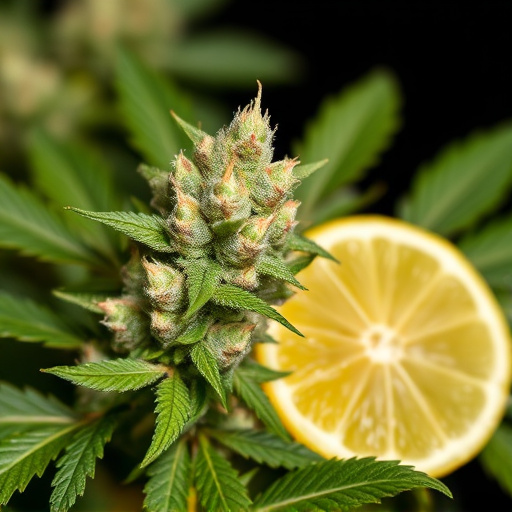
Soil, lighting, and temperature are three critical elements that significantly shape the quality and characteristics of cannabis plants, including iconic varieties like lemon cannabis strains. These factors play a pivotal role in determining the overall health, yield, and flavor profiles of the final product.
For instance, soil composition influences nutrient availability, which directly impacts plant growth and cannabinoid production. Well-cultivated, nutrient-rich soil promotes robust cannabis plants with desirable traits. Lighting conditions, particularly during the vegetative and flowering stages, are essential for phototropism and the synthesis of various terpenes and cannabinoids. Balanced lighting spectrums can enhance the development of unique aromas and flavors in lemon cannabis strains, making them highly sought after by enthusiasts. Temperature control is another key aspect; optimal temperatures facilitate efficient metabolism, ensuring plants receive adequate energy for growth and cannabinoid accumulation.
Beyond the Basics: Humidity, CO2 Levels, and Other Environmental Considerations for Premium Lemon Cannabis
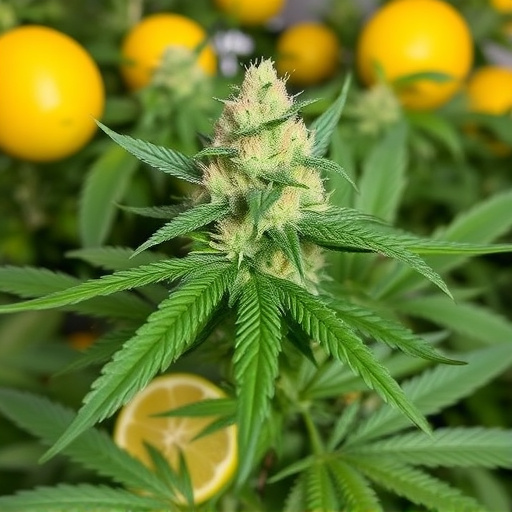
Cultivating premium-quality lemon cannabis strains requires a meticulous understanding of environmental factors that go beyond basic requirements. Humidity, for instance, plays a pivotal role in ensuring the delicate aroma and flavor profiles characteristic of lemon cannabis. Maintaining optimal humidity levels, typically between 40-60%, allows for ideal terpene production, contributing to the strain’s distinctive citrusy notes.
Similarly, carbon dioxide (CO2) levels significantly influence plant growth and cannabinoid synthesis. Enriching the growing environment with CO2 can boost yield and enhance the concentration of desirable cannabinoids like THC and CBD. Skilled cultivators carefully monitor CO2 concentrations, often utilizing specialized equipment to maintain levels that foster robust plant development and superior cannabis quality in lemon strains.
In conclusion, understanding how environmental factors shape the quality of cannabis, particularly the unique flavors and terpenes found in lemon cannabis strains, is essential for cultivators aiming to produce premium products. By meticulously controlling soil composition, lighting, temperature, humidity, and CO2 levels, growers can unlock the full potential of these strains, delivering exceptional experiences to consumers. Optimizing these environmental considerations ensures that each lemon cannabis strain expresses its distinctive characteristics, making it a true delight for the senses.

